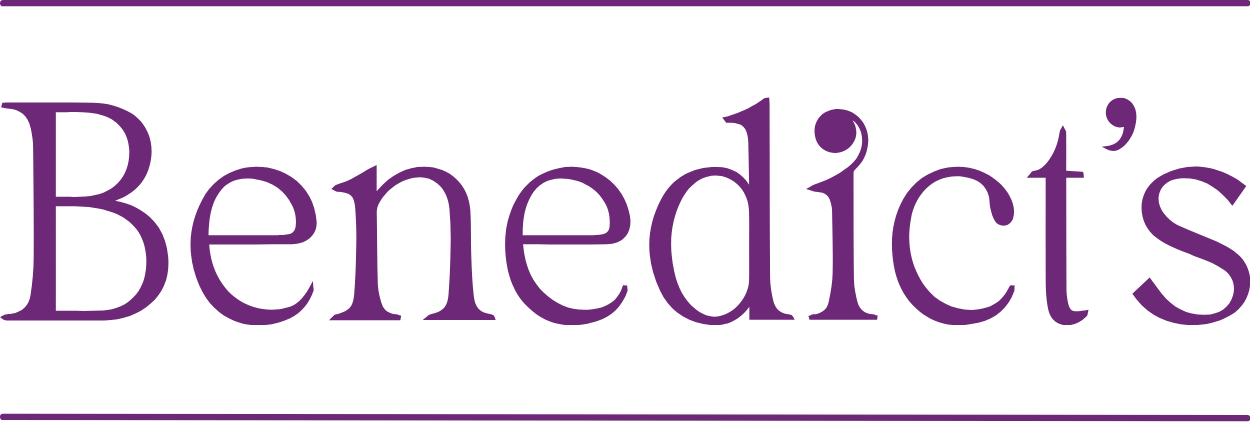Have you ever struggled with feelings of shame, self-doubt, or even self-hatred despite being proud of your LGBT identity?
Internalised homophobia, where societal prejudices turn inward, can deeply impact mental health and well-being. Recognising and addressing these feelings is crucial for fostering self-acceptance and living a fulfilling life.

What is Internalised Homophobia?
Internalised homophobia occurs when negative societal messages about being gay are turned inward, leading to self-doubt, shame, and negative self-perceptions. These feelings can be subtle or overt and affect various life aspects, including mental health, relationships, and overall happiness.
The Impact of Internalised Homophobia
Mental Health: Linked to higher rates of anxiety, depression, and suicidal thoughts among LGBT individuals. The constant struggle between self-acceptance and societal rejection causes significant emotional distress.
Self-Esteem: Negative beliefs about sexual orientation erode self-esteem and self-worth, making individuals feel undeserving of love and respect, hindering personal and professional growth.
Relationships: Strains relationships, making it difficult to form and maintain healthy connections. Fear of judgment and rejection prevents full openness with others.
Recognising Internalised Homophobia
Identifying internalised homophobia is the first step toward overcoming it. Signs to look out for:
- Negative self-talk and beliefs about your sexual orientation
- Avoiding LGBT events or communities
- Feeling uncomfortable or judgmental towards other LGBT individuals
- Struggling with self-acceptance and self-love
Steps to Overcome Internalised Homophobia
- Self-Reflection: Reflect on where negative beliefs come from. Journaling can help explore and challenge internalised homophobia.
- Education: Learn about LGBT history and societal homophobia. Understanding these attitudes as societal constructs can help shift perspectives.
- Therapy: Seek therapy with a professional specialising in LGBT issues. A therapist provides a safe space to explore feelings and develop self-acceptance strategies. Book a free call with Ben to discuss how he can help you further.
- Community Support: Surround yourself with supportive friends, family, and LGBT communities. Connecting with others with similar experiences fosters a sense of belonging and validation.
- Positive Affirmations: Practice positive affirmations to counter negative self-talk. Remind yourself of your worth and the value of your authentic self.
- Mindfulness and Meditation: Incorporate mindfulness and meditation practices to stay present and reduce anxiety. These practices can help you become more aware of negative thoughts and provide tools to address them.
- Reading and Learning: Engage with books, articles, and stories from other LGBT individuals who have overcome internalised homophobia. Seeing your experiences reflected in others can provide comfort and guidance.
- Creative Expression: Use creative outlets such as writing, art, or music to express your feelings and process your experiences. Creativity can be a powerful tool for healing and self-discovery.
The Role of Therapy and Support Groups
- Therapy: Helps recognise and challenge negative beliefs, develop healthier coping mechanisms, and build self-acceptance and resilience.
- Support Groups: Provide a platform to share experiences and learn from others, offering a sense of community and understanding that can be empowering and healing.
Embracing Your Authentic Self
Overcoming internalised homophobia is a journey of self-discovery and acceptance. Addressing negative beliefs allows you to embrace your authentic self and lead a more fulfilling life. Remember, you are not alone—there is a supportive community ready to help you navigate this process.

